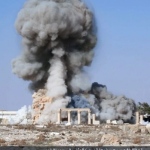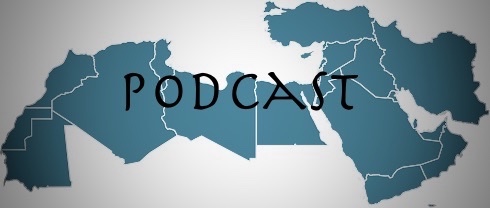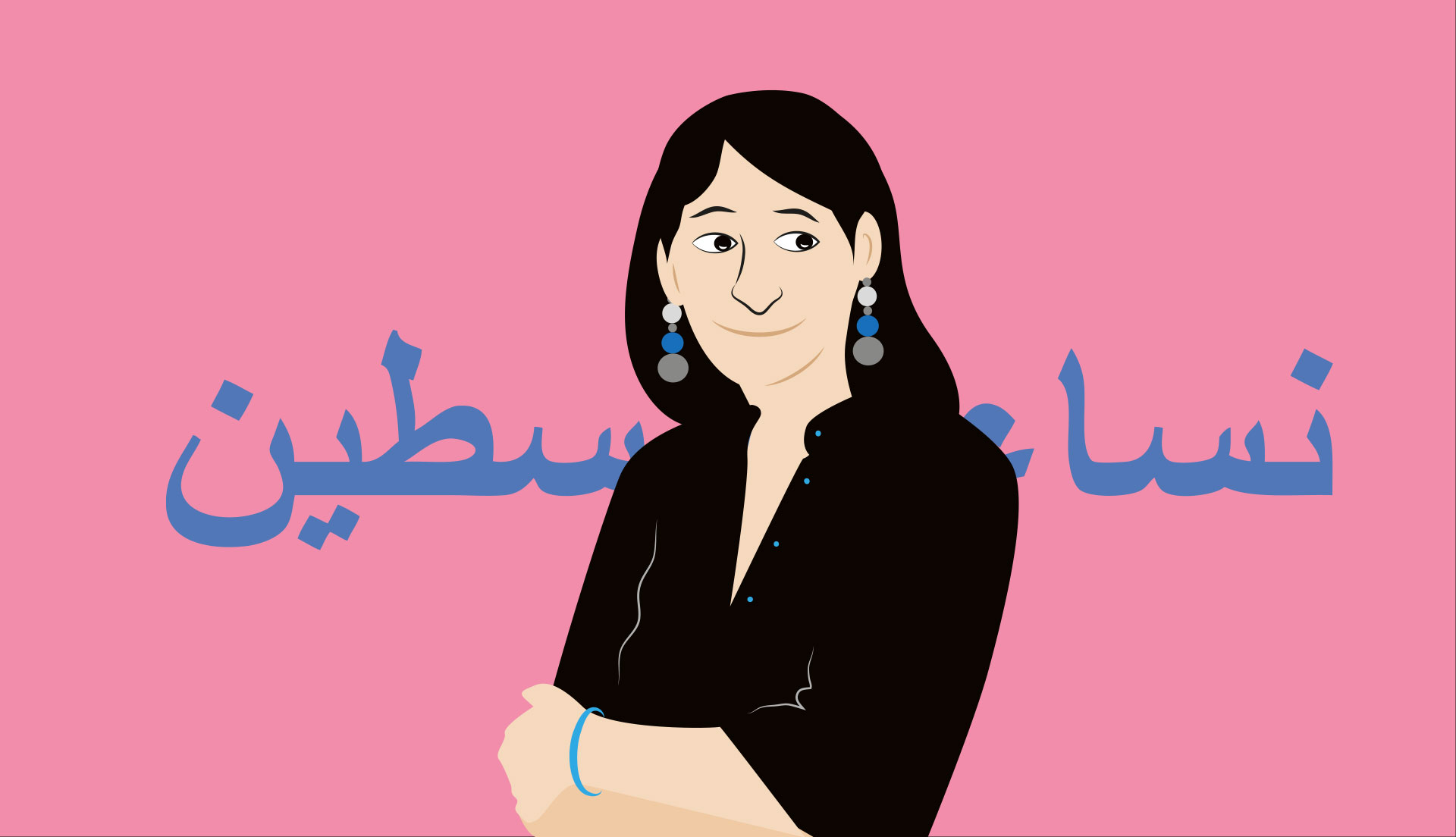Interview with Maamoun Abdulkarim, head of the Antiquity Department of Syria: “Me and my colleagues have been attacked because we were considered an emanation of the Regime. But I am not a politician, I am a civil servant. Being against the Syrian government should not mean from the start to be also against the Syrian people,as this approach has negative consequences on the heritage safeguard”.
by Valentina Porcheddu – Il Manifesto
Rome, 29th of September 2015, Nena News – Maamoun Abdulkarim is a researcher on Roman Archaeology and a professor from Damasco University; between 2009 and 2012 he has been the Head of the Antiquity Department. From 2012 to date, due to the worsening of the Syrian crisis, he was appointed General Director of Antiquity and Museums.He was awarded in 2014 by Unesco with the prestigious Cultural Heritage Rescue Prizebased on his commitment to safeguard the Syrian heritage.
«As soon as I was nominated Director, although without receivinga salary, I gave the order to shut down Museums and to move all collections to safe locations – he declares from Damasco where we reached him by phone–. This strategy enabled us to save more than 300,000 items resulting from one century of excavations carried out bySyrian Archaeological missions, but also by Italian, German, French, English and Japanese archaeologists. Choosing to stay in Syria to protect the heritage has been a challenge that I have accepted as I have been supported by many friends and especially by my former students, who are now colleagues.I am in charge for 2,500 employees and our goal is not onlyto safeguard an extremely rich heritage but also to document it.For instance, we have taken 200,000 new pictures of items collected and we are digitizing archival materials. Furthermore, part of our commitment is devoted to train local people in order tomotivate them to protect the common heritage from vandals and thieves, beyond the conflict between loyalists and opponents. The issue is, indeed, how to act in order to save our heritage, asGovernments change but the damageis permanent for future generations».
After the destruction of the Temples of BaalshaminandBêl, Palmyra has been attacked again. Sixtower tombs were destroyed. It looks like that Islamic State militants fight not only against the «false» idolsbut also against the dead from the past. If no actions are taken, what do we have to expect?
According to the news reaching us from Palmyra, the burial towers were blown up before the Temple of Bêl (three consecutive days of increasingly violent detonations) and even before the temple of Baalshamin. The militants have transformed the archaeological Museum into a prison and tribunal and they have authorized illegal excavations. The town is a hostage and if it is kept under their hand we will lose it. We transferred the statues in May this year, before Isis took control and three colleagues were injured during this activity. We are happy that we managed at least to save precious artistic tokens from Palmyra, as they would have destroyed or sold everything. We regret for the monuments: being impossible to visit the area we do not know yet if – after the explosions – the architecture survived so as to enable us one day to build the temples again. To let jihadists acting undisturbed is a defeat for modern civilizations.
On August 18, Mr. Khaled Asaad, former Director of Palmyra site and Museum was cruelly murdered. This tragic occurrencehas been used and was the reason to start a process to «create a hero». How would you like to remember your colleague?
Although he was retired, Asaad worked at the General Direction as consultant; his huge knowledge was useful especially for the expertise on items as he was able to establish which findings – among those found by the police– were original. I informed him about the risk of staying in Palmyra but he did not pay attention to me. He was born beside the Bêl temple and he said that he did not have anything else to lose in his life. His murder has been a revenge but also a message aimed at terrifying the population in Tadmor. Khaled was not only an archaeologist but also a highly respected manin town. Fifty employees of the Antiquity General Direction are still working undercover in Palmyra. I should also mention the fourteen officials who lost their lives so far.
What kind of support did you receive from the International Scientific community up to now?
If you mean that in 2012 me and my colleagues have been attacked because we were considered an emanation of the Regime, this is true. This is because the Antiquity Direction is a public institution belonging to the State. But I am not a politician, I am a civil servant and I am unsettled by the fact that some countries denied cooperation or asked their researchers to avoid contactswith us due to the different political opinions. Being against the Syrian government should not mean from the start to be also against the Syrian people,as this approach has negative consequences on the heritage safeguard. Between the end of 2013 and the beginning of 2014, the European Unionlaunched a cooperation programmewith a budget of 2 million euro. Through this project approximately fifty Syrian civil servants have beenhosted at the Unesco headquarters in Beirut. Some countries, such as Italy– that had given a great contribution to the history of excavations in Syria – have been loyal but no real actions have followed. The international community is silent and we have a desperate need of support as we do not know how long the collections will be safe and how long we will endure.
You managed to protect the findings that were stored in Museums, but there are thousands additional that are circulating into the illegal market as a consequence of illegal excavations. Sites are exposed to devastation and sack. What is the current situation?
In Syria there are ten thousand sites. Thousands are protected by local population, but three hundred have been damaged in different ways so far. The first type of damage is causedby fighting during war actions, such as in Aleppo; there are then ideological reasons that led to destruction in areas controlled by Isis, such as important monuments in Palmyra but also of Islamic mausoleums and Christian monasteries. About a hundred sites are threatened every day by illegal excavations and this happens also in territories where Isis did not arrive. Moreover, the lack of a central authority, favours building without permits near archaeological areas. Two-hundred and fifty historical buildings were damaged in Aleppo, and this does not include the souks, where thousands of boutiques were destroyed by fire.
Can you give us some news about Bosra and other archaeological sites in danger?
Bosra is controlled by the Army, we have preserved statues and mosaics and recently a new Director has been appointed. The Government is not there, but the population is. It is an example of successful cooperation that we want to extend to the North of Syria. At the border with Turkey,there are also sites protected by Kurdish fighters. In regions under Isis control nothing can be done. In Mari and Dura Europosheavy mechanical equipmentswere used, creating irreversible devastation.Unfortunately, this news does not cause sensation as not all sites are as Palmyra and do not have the same emotional effect on people.
Since the beginning of the importance given by news on destructions in archaeological sites, a lot of people raised the voice to criticize the fact that more attention is given to ruins than to the killing of human beings. What is your opinion on this?
There is a reply, an Italian reply in some ways, to this question. In 2014, the Italian politician and former mayor of Rome, Francesco Rutelli – president of the association “AssociazionePrioritàCultura” – launched in cooperation with Paolo Matthiae, Dean of the Italian Orientalists, a campaign entitled «The forgotten victim», referring to the Syrian heritage that was silently disappearing. It is true that human rights are a priority. I fear for my own and my family’s life.But we are archaeologists, we are not politicians. Our task is to protect and defend the heritage, our battle is a cultural battle. If we move back, one day someone will blame us that we have not done our duty. War actions and peace negotiations are the concern of politicians.





























